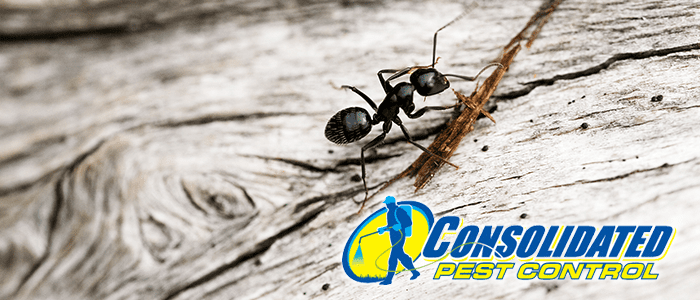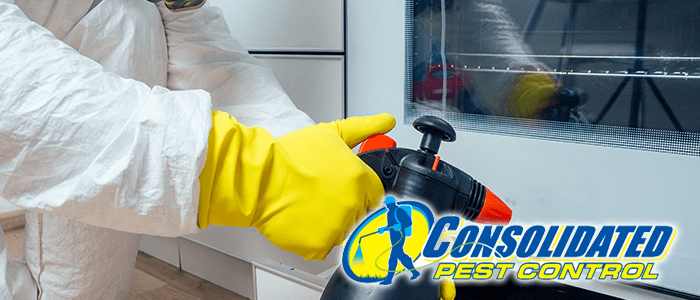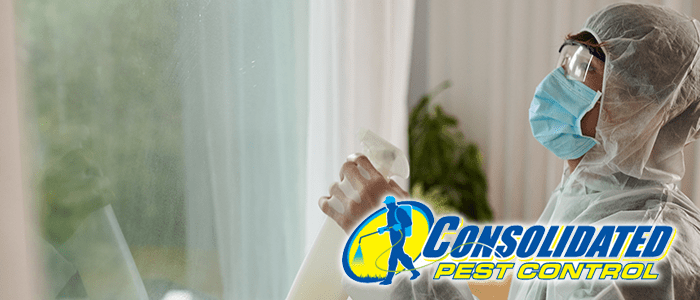Fleas are the bane of every cat and dog owner. They carry disease, and they will bite anything warm-blooded, causing itchiness. In extreme cases, fleas can cause anemia. Unfortunately, Florida’s humid and warm climate is very comfortable for them. Brandon Pest Control has gotten a lot of experience in dealing with this particular type of pest, and has learned all about them.
For instance, did you know that there are over 2000 different types of fleas? They are normally named after the type of mammal they habitually feed on. Here in Florida, we have the cat flea, the dog flea, the human flea, and the sticktight flea. Most of these fleas have a common life cycle and morphology.
Morphology:
Fleas are about 1/18th of an inch long. They are long-legged and thin. They are covered in hairs, and their skin is tough. This is why they are very hard to crush.
Life cycle:
The females can lay up to 5000 eggs in their lifetime, and the eggs can roll into your carpet or bedding. These eggs hatch anywhere between 2 and 14 days later, though they can wait longer in hospitable conditions. Once the eggs hatch, larvae come out. Flea larvae are blind and avoid light. They also will eat any organic matter, including flea droppings.
After 1 to 2 weeks of this, they pupate for another 1 to 2 weeks. The adult fleas come out of the pupa, and then they have but one goal: make more fleas. They need to drink blood in order to reproduce, and they can live up to year with regular bloodmeals.
Identifying and Treating the Infestation:
When you brush a pet that is infested, tiny flea leavings will come out. Fleas leave characteristic droppings that look like tiny black spirals. If you put these bits of ‘flea dirt’ on a paper towel and sprinkle water on them, they will turn into a dark red stain. You will see salt-and-pepper like particles on bedding, too. Adult fleas are also champion jumpers who will land on conspicuous places where you will see them.
Treating them is difficult because pupa and eggs are tough. Under the right conditions, they can remain viable for months or years. Any attempt to get rid of fleas will have to take a 2-pronged approach. One part will kill the fleas, generally by breaking down their skin and letting them dehydrate. We have baits and gels that will take care of them. The second prong will eliminate the eggs. We can deal with them, too. We treat twice a year to eliminate the threat.
In between our treatments, you can keep the fleas at bay by vacuuming frequently and controling the humidity in your house.
If you are having trouble with fleas, contact us and we will use our expertise with these blood-sucking pests to clear your home.








